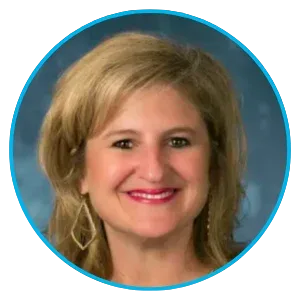Partnering with Xsolis to Innovate UM & Improve Outcomes
In the search for a more sustainable approach to case management and UM, UMC Health partnered with Xsolis to help them reach their goals and improve outcomes. By partnering with Xsolis, UMC Health aimed to:
- Enhance the accuracy and timeliness of patient status determinations
- Strengthen alignment with health plan partners on the appropriate level of care
- Improve utilization review efficiency, enhance length of stay management, and optimize staff allocation
- Proactively identify and address potential inpatient-only conversions prior to discharge
- Optimize denial management processes
Enhancing Utilization of the Xsolis Platform
Although UMC Health implemented the Xsolis CORTEX (now Dragonfly) AI-driven platform in October 2020, they realized they weren’t utilizing it to its full potential to drive sustainable, impactful change. According to Kayla Long, Director of Case Management, “We re-engaged our staff to use the Xsolis platform to its full potential – leveraging the decision matrix, developing workflows with staff input, and holding weekly meetings.”
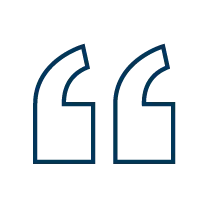
“We re-engaged our staff to use the Xsolis platform to its full potential – leveraging the decision matrix, developing workflows with staff input, and holding weekly meetings.”
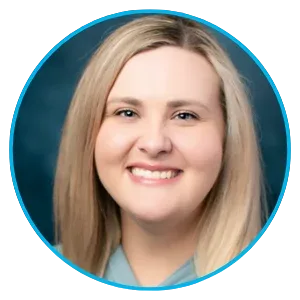 – Kayla Long
– Kayla Long
Director of Case Management
Optimizing the Xsolis platform also involved integrating the Care Level Score™ (CLS™) as a prominent feature in UMC’s EMR. The CLS is a numerical calculation that represents the likelihood of a patient’s appropriate status, powered by Xsolis’ real-time predictive analytics and machine learning.
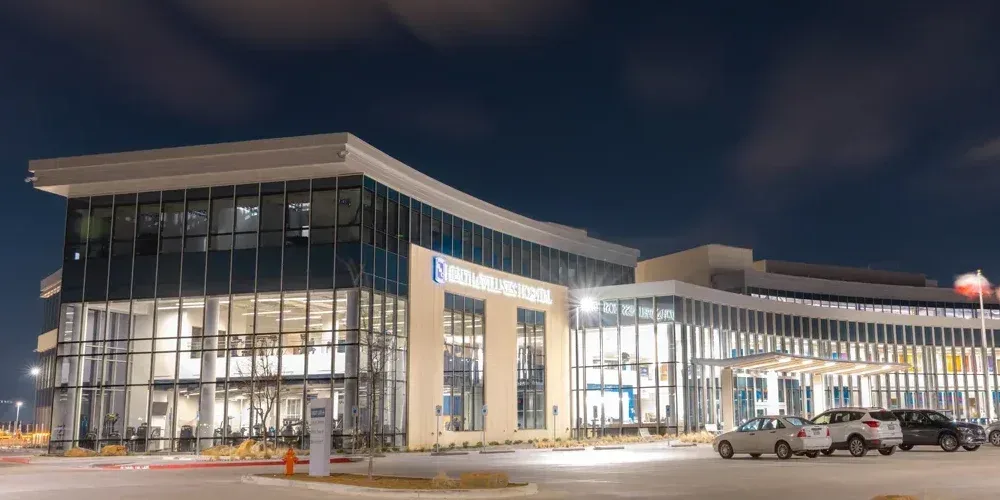 UMC Healthsystem
UMC Healthsystem
 OSF HealthCare
OSF HealthCare
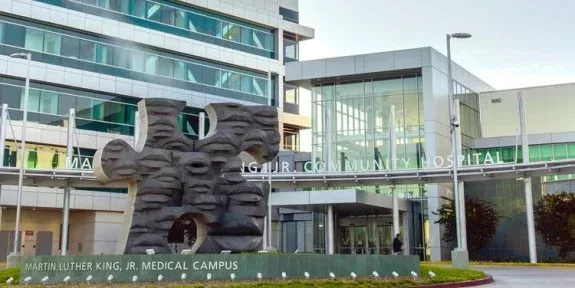 Martin Luther King Jr. Community Healthcare
Martin Luther King Jr. Community Healthcare
 West Tennessee Healthcare
West Tennessee Healthcare
 Hillcrest HealthCare System
Hillcrest HealthCare System
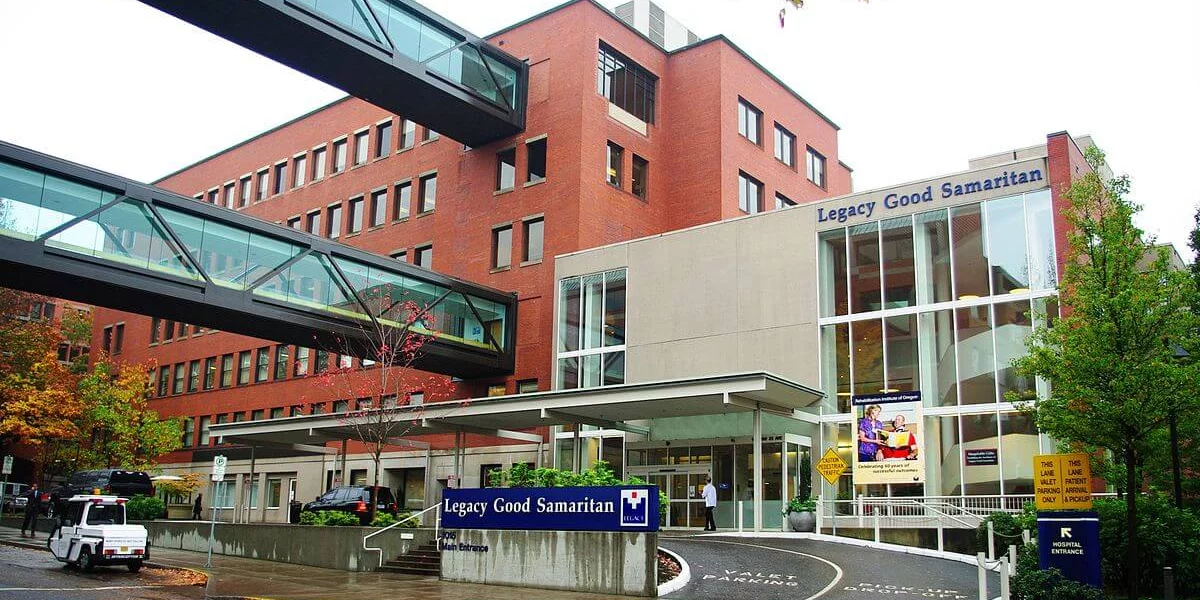 Legacy Health
Legacy Health
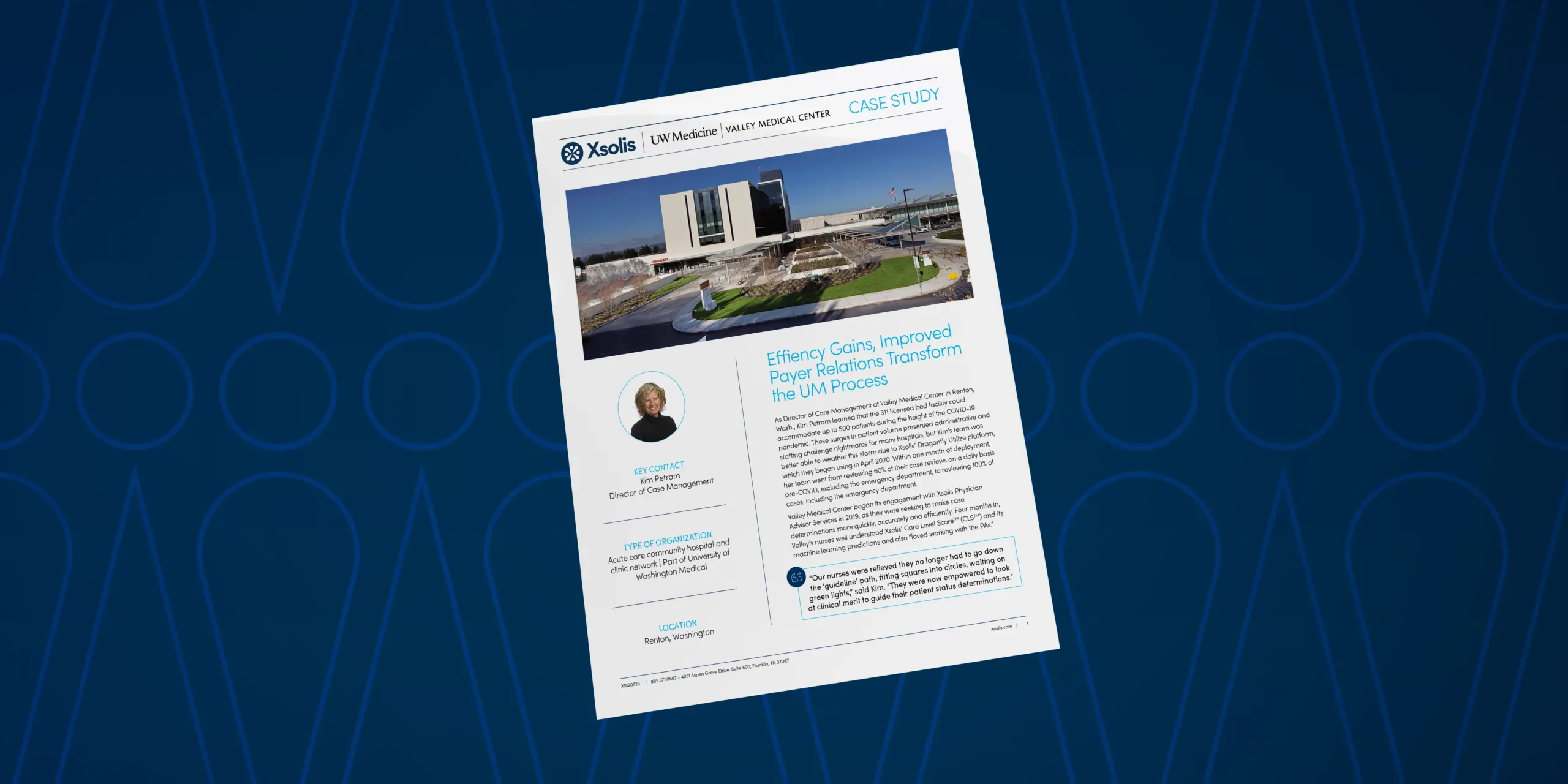 Valley Medical Center
Valley Medical Center
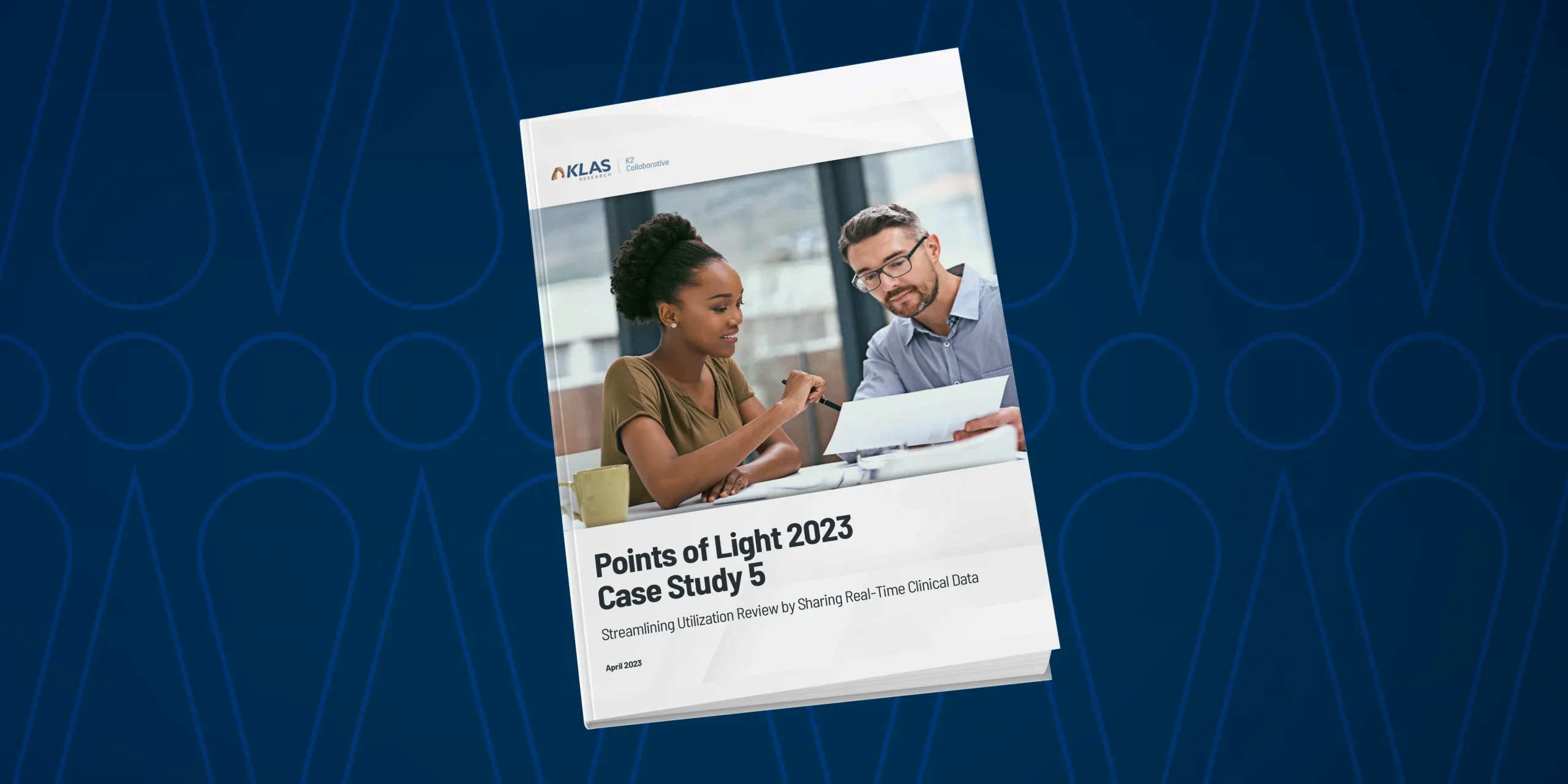 KLAS
KLAS
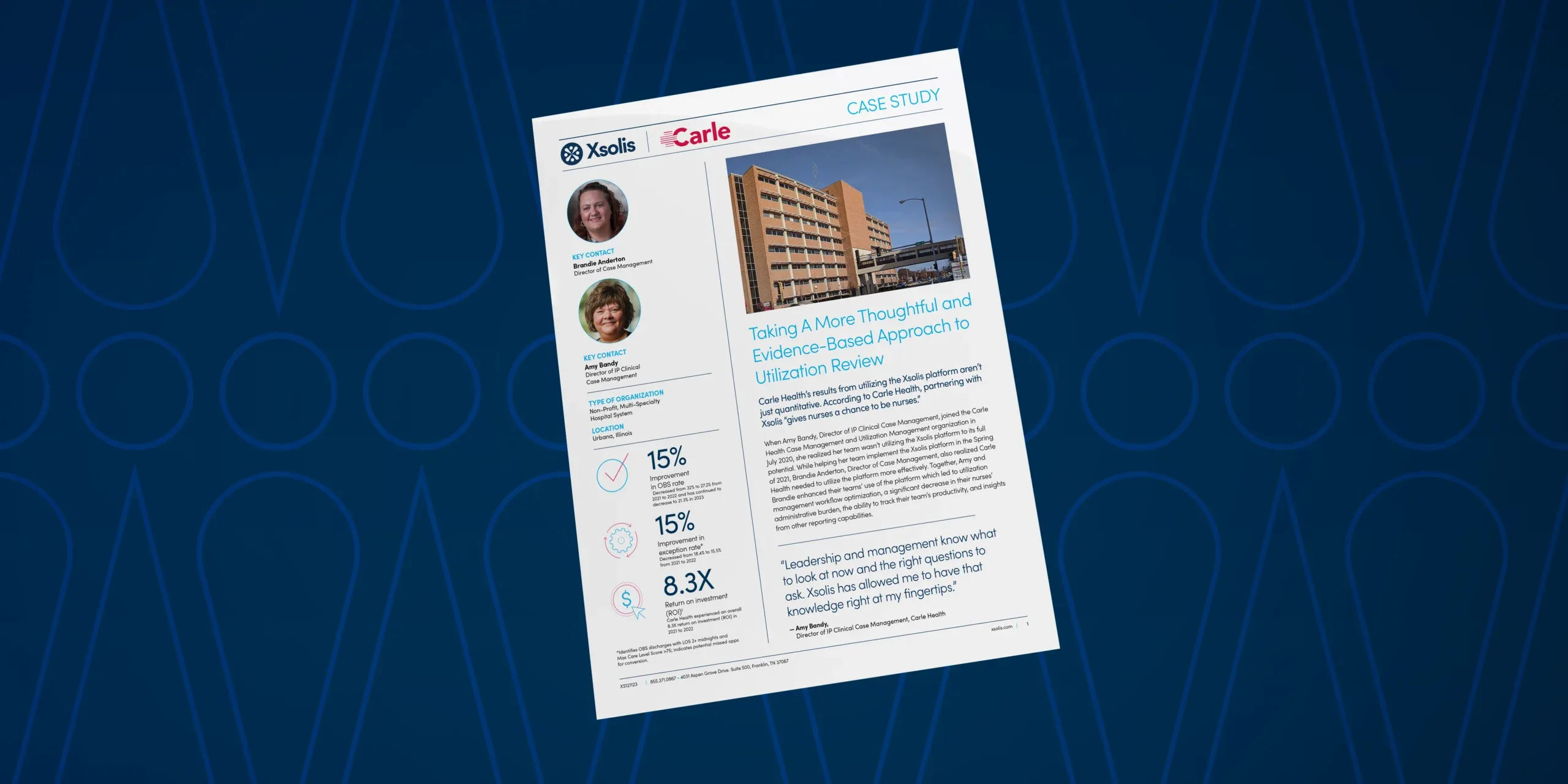 Carle Health
Carle Health
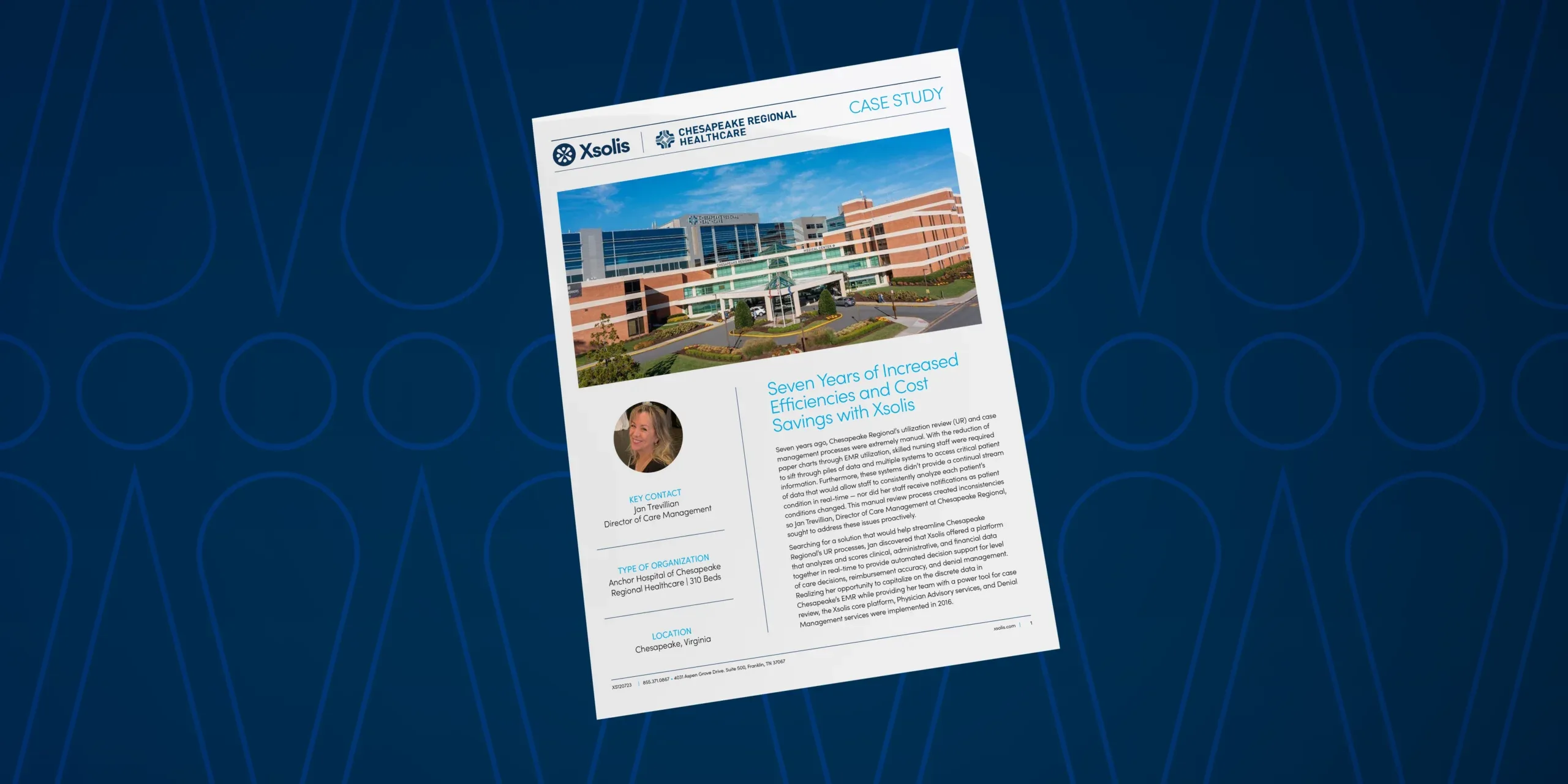 Chesapeake Regional Healthcare
Chesapeake Regional Healthcare
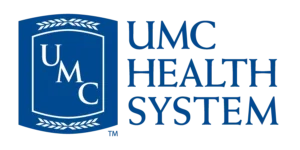


 – Kayla Long
– Kayla Long